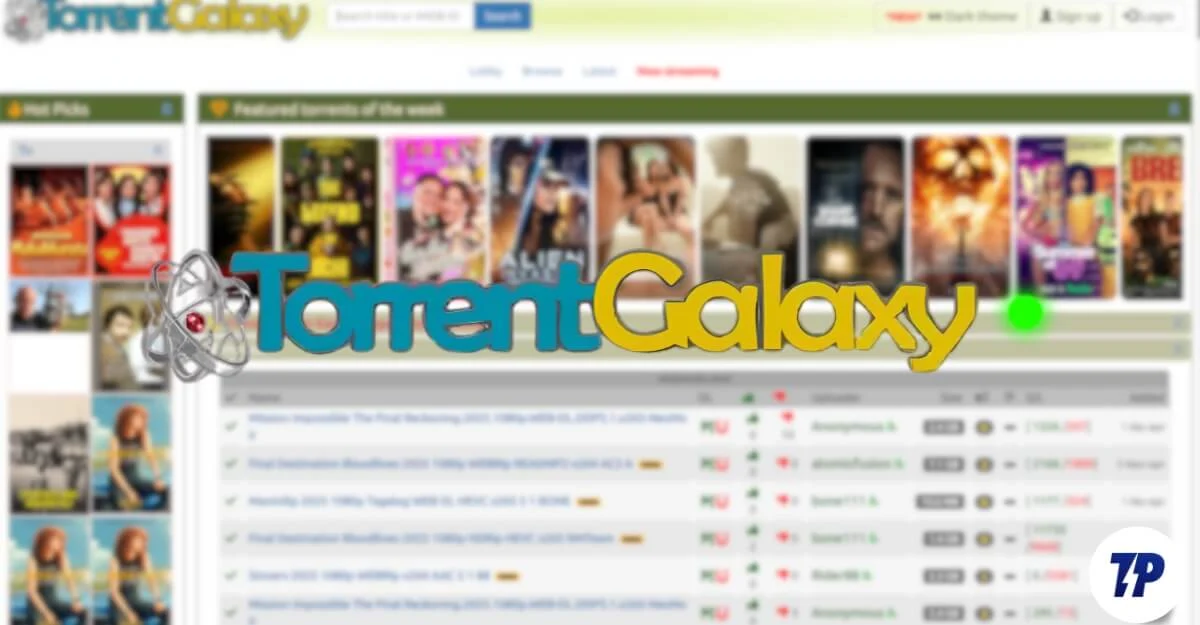In an age of increased surveillance, data collection, and detailed geo-blocking, the topic of online privacy has never been more critical. While VPNs and traditional datacenter proxies are the more popular options, a more advanced option has come about: the 4G LTE proxy. A 4G LTE proxy uses a mobile IP address that is fundamentally the same IP address used by mobile devices (i.e., smartphones or tablets). But are these levels of anonymity better than the alternatives? Let’s take a closer look at the numerous pros and cons of utilizing 4G LTE proxies for online privacy.
The Pros: Why 4G LTE Proxies are A Privacy Juggernaut
Unrivaled IP Veracity and Low Block-rate:
This is by far the best advantage. Unlike datacenter IPs that are easy to spot as hosting company IPs, 4G LTE IPs are given by a mobile carrier (Verizon, AT&T, etc.) to real, legitimate mobile phones. For a website, it can’t tell the traffic is coming from a mobile IP instead of a regular person using their phone to browse a website or online service. This is why 4G LTE proxies are extremely effective at avoiding anti-bot systems, firewalls, and geo-restriction blocking.
Dynamic and Rotating IP Pool:
Mobile networks often rotate IP addresses they assign their users. A 4G LTE proxy network makes use of this by giving you a constantly changing pool of IPs. You can route your online activity through thousands of different residential IP addresses, across a number of locations. This makes it especially challenging for someone (think government) to track your activity to a single static IP address, and also increases anonymity significantly.
Increased Resilience to Detection:
Advanced platforms such as social networks or e-commerce sites have become skilled in identifying and blocking VPN / datacenter traffic. 4G proxy traffic resembles standard mobile traffic in every regard, which allows it to bypass detection. For those who need to manage multiple accounts or scrape the web on resilient sites, this reliability is a significant breakthrough in terms of maintaining privacy and access.
Strong Encryption (when used with HTTPS):
Although the proxy connection is not encrypted as a VPN connection is, it is always the recommended practice to use 4G LTE proxies with HTTPS websites. This creates an invincible combination: the connection you have to the proxy is secure, and the destination website only sees the IP address of a legitimate, trusted, residential proxy. These two layers effectively protect your data against eavesdroppers.
The Cons: The Unseen Costs and Limitations
Much Higher Price Tag:
The technology, the infrastructure, and even because of the complexity of mobile devices and the mobile networks that connect them, the cost of 4G LTE proxies is far more than just maintaining servers at a datacentr. The effort and cost to barcode a network of physical mobile devices and procure and manage the associated SIM cards is at a completely different price point. For most people seeking privacy, this isn’t feasible compared to there being easy, affordable options for a VPN.
Inconsistent Speeds and Latency:
You are routing your traffic through a mobile network, and just like your smartphone connection will have inconsistencies, so will your 4G LTE proxy connection. There are many factors that can cause latency (ping) and speed fluctuations, such as signal strength, congestion, and throttling by the carrier. This makes a 4G LTE proxy less desirable for gaming and streaming, where latency is key.
Ethical and Legal Implications:
The anonymity offered by 4G LTE proxies can also be abused for malicious purposes. And in some cases, the proxy provider may develop their proxy network without the explicit consent of the proprietor of the devices (for example, by developing SDKs for free mobile apps), and thus raise ethical issues. To be sure you are using ethical consent-based proxy networks, you should choose a provider that is clear about their sourcing.
Not a Complete Privacy Solution:
4G LTE proxies mainly hides your IP address — it is not a full privacy solution. It will not usually provide the level of full-tunnel encryption you would expect from a reputable VPN. If the proxy server is not properly secured, your data is still exposed as it travels between you and the proxy server. Further, the provider of the proxy will also be able to see your traffic, and is therefore a critical element in the trust and logging policies.
Challenging Setup and Configuration:
Setting up a 4G LTE proxy will require you to perform a bit of manual work, configuring a few things into some software, browser, or scripts. This can deter non-technical users when learning something new can feel overwhelming.
The Verdict: Who is a 4G LTE Proxy Really Suitable for?
4G LTE proxies are a specialized tool, not a one-size-fits-all privacy solution.
If you are an average user and want to maximize your privacy: A good quality, no-logs VPN is likely to be a more affordable, faster, easier option for general web browsing and general privacy.
For Professionals and Businesses: 4G LTE proxies are worth their weight in gold. The preferred method for market researchers, social media managers, ad verification specialists, and web scrapers who need unfailing access to information and services that block conventional means of gaining access to data. The higher cost is merited because of the guarantee of usability and successful connections.
In conclusion, 4G LTE proxies are the tip of the spear of IP-masking technology, providing the illusion of matching legitimate mobile traffic for an extremely robust shield of anonymity. The pros—authenticity, rotation, and resiliency—are robust for certain sensitive use cases. However, the cons—cost, speed, and complexity—make it unnecessary for the casual privacy seeker to use. Like all privacy assistance, understanding both the power of and the limitations of the privacy assistance is necessary for effective and responsible use.













Leave a Reply